My Turn: Police bias verdict should not have been surprise
| Published: 02-28-2024 9:10 PM |
The truly frightening aspect of Greenfield and its former police chief Robert Haigh Jr. being found liable for discrimination against a black police officer is not the verdict but the apparent ignorance of the former mayor as well as the City Council about the case, which had been in process for more than eight years.
It evidences an unquestioning deference to the actions of the police chief and appears that the council and mayor were blindsided by the verdict. This is truly frightening and indicates an abdication of leadership by our elected officials.
The legal process started in 2014 with a filing of grievances by Officer Patrick Buchanan and later by Lt. Todd Dodge complaining of discriminatory discipline. Former Mayor William Martin acted as a hearing officer in one of these two grievances. In both cases a neutral arbitrator overturned Haigh’s actions. Buchanan and Dodge had been on the force for more than 15 years at this time.
These arbitration decisions should have caused concern. Ultimately a Superior Court lawsuit was filed in February 2017 by Dodge and Buchanan. The detailed complaint lays out the case. City leadership was certainly notified.
I would hope that a joint complaint like this filed by the only black officer and supported by a lieutenant in our Police Department would demand the attention of the city’s elected leadership. It is also sad to note that this filing escaped the attention of our local newspaper.
The complaint remained pending over five years until the jury verdict in May 2022 during the terms of mayors Martin and Roxann Wedegartner. Other than referring the matter to the city’s insurance company, it appears that the city’s political leadership took no action to determine the bona fides of Buchanan and Dodge’s complaint.
Superior Court complaints do not just sit in a file until a jury trial happens. While a case is pending there is voluminous pretrial activity conducted, most of which is “discovery” depositions, production of documents, etc. There was ample opportunity for the city’s leaders to learn about the case.
The outlines of the plaintiffs’ and defendants’ case would be clear well before trial. During this time there are numerous formal and informal processes to encourage settlement, as well as many public hearings. The mayor and City Council could demand access to all of the information produced during the pretrial processes. City leaders could have required the insurance lawyers nominally representing them to brief them on the case.
Article continues after...
Yesterday's Most Read Articles
 Greenfield homicide victim to be memorialized in Pittsfield
Greenfield homicide victim to be memorialized in Pittsfield
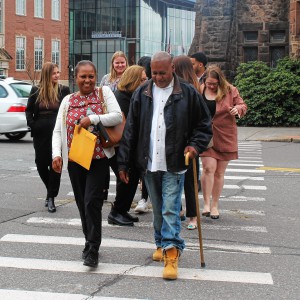 Former Greenfield man granted new trial after 1995 murder conviction, walks free
Former Greenfield man granted new trial after 1995 murder conviction, walks free
 On The Ridge with Joe Judd: What time should you turkey hunt?
On The Ridge with Joe Judd: What time should you turkey hunt?
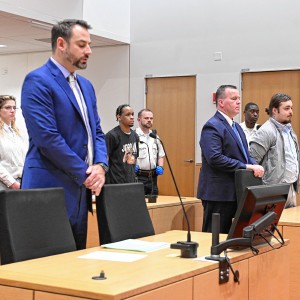 Judge sets bail for Millers Falls assault suspects
Judge sets bail for Millers Falls assault suspects
 Franklin Tech student welds artistic bench for French King Bridge
Franklin Tech student welds artistic bench for French King Bridge
 As I See It: Between Israel and Palestine: Which side should we be on, and why?
As I See It: Between Israel and Palestine: Which side should we be on, and why?
None of this seems to have happened. The mayor and the City Council seem to have been blindsided by the verdict. The response, a punishing suspension of now-interim Police Chief Dodge and a less punitive suspension of Haigh was incoherent. The calls for an “audit” of the Police Department to address the issues raised in the complaint were cynical attempts to appear to address the issues and cause delay until interest had waned. The pretrial processes and trial and verdict were much more informative than any audit could ever be.
Lurking behind this dereliction of duty by city political leadership is the role of insurance. Greenfield, like most municipalities, has insurance covering these kinds of claims. Paraphrasing former mayor Wedegartner, it is their money and they call the shots. While nominally representing defendants, insurance lawyers’ primary loyalty is to the insurance company’s bottom line. Justice and equity have no place in their hard-nosed calculations.
The likelihood of success, jury appeal of the cause or plaintiff, financial and personal ability of the plaintiff, and counsel to persevere through trial and appeal are primary factors. Only a small part of this calculation is the merits of the case.
This model is pernicious when insurance lawyers represent cities. The threat of loss of coverage discourages political leaders from investigating, speaking about or taking corrective actions on matters that are the subject of litigation. As in the Buchanan case, this chilling effect can last for years allowing problems to fester.
Another reason that the typical insurance defense model doesn’t work in government is that it supports the premise that the defendants are not responsible for the acts of their attorneys. Ultimately any client should be the one directing the attorney. When insurance is involved that may not be the case. Government leaders have a higher responsibility than reducing the cost of a claim of governmental wrongdoing.
Mayors and city councilors should be aware of all serious litigation involving the city, especially when these involve core government functions like the police. They should be vigilant making sure they are operating properly.
David Roulston in an attorney in Greenfield.

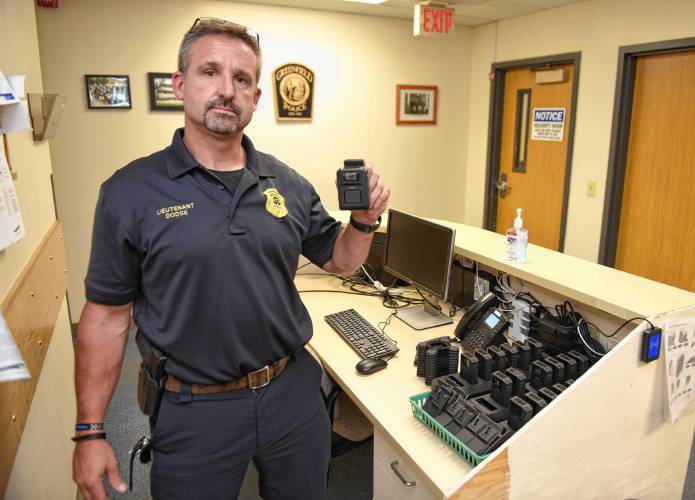
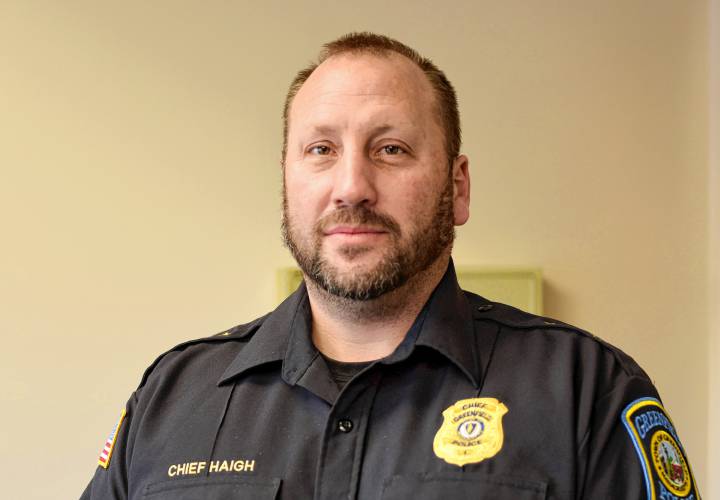

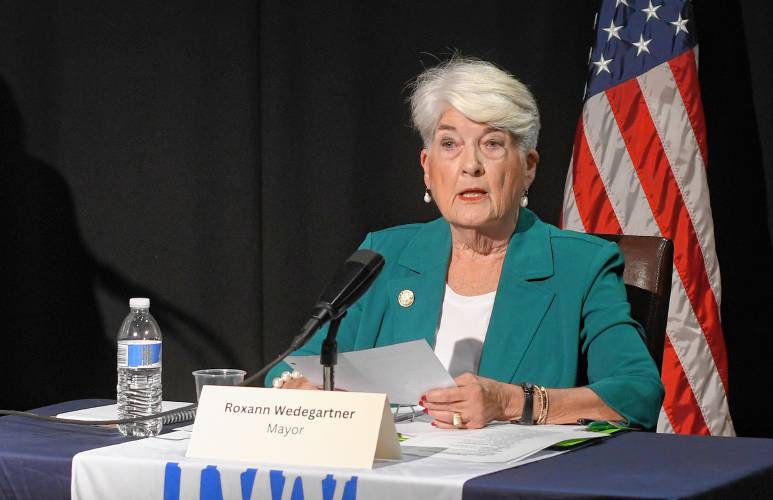
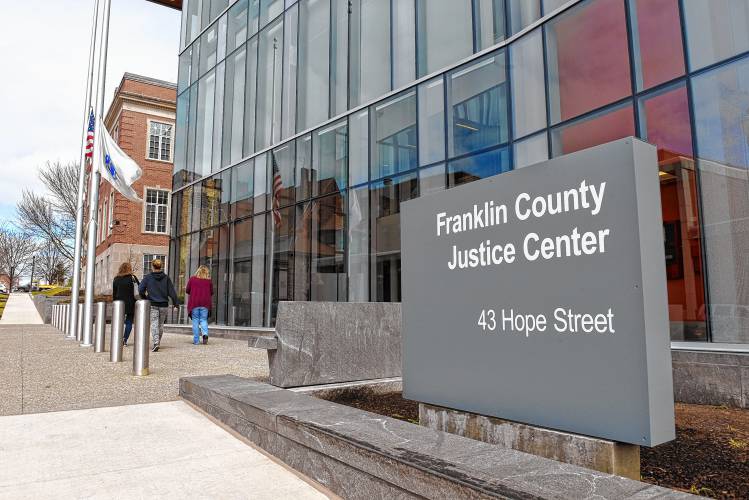
 Shirley and Mike Majewski: Vote for Blake Gilmore
Shirley and Mike Majewski: Vote for Blake Gilmore Michelle Caruso: Questions candidate’s judgment after 1980s police training incident
Michelle Caruso: Questions candidate’s judgment after 1980s police training incident Kathy Sylvester: Vote for expertise on May 6
Kathy Sylvester: Vote for expertise on May 6 Bernie Sadoski: Blake Gilmore is committed to his community
Bernie Sadoski: Blake Gilmore is committed to his community
